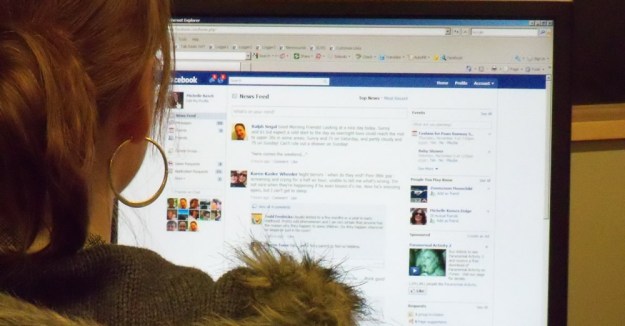
According to a recent survey of 5,000 divorce petitions conducted by U.K. blog Divorce-Online, approximately 33 percent of divorce petitions within the United Kingdom contained the word “Facebook” and indicated that the opposing party in the divorce utilized Facebook in a manner that was destructive to the relationship. This is a sharp increase from 2009 when only one in five petitions mentioned the social network as an issue. The most common reasons that Facebook appeared in the petitions included inappropriate Facebook messages, potentially sexual in nature, that were sent to members of the opposite sex, spouses undergoing a trial separation that posted nasty comments to each other, and Facebook friends that reported a cheating spouse’s behavior to the other party in the relationship.

According to a similar study conducted by the American Academy of Matrimonial Lawyers during 2010, over 80 percent of members have used social networking evidence during a divorce case. Facebook was the most commonly sited as a resource for evidence of infidelity with approximately two thirds of members claiming to use Facebook to gather dirt on spouses. Other sources included MySpace, Twitter and other unnamed, miscellaneous social networking sites.


